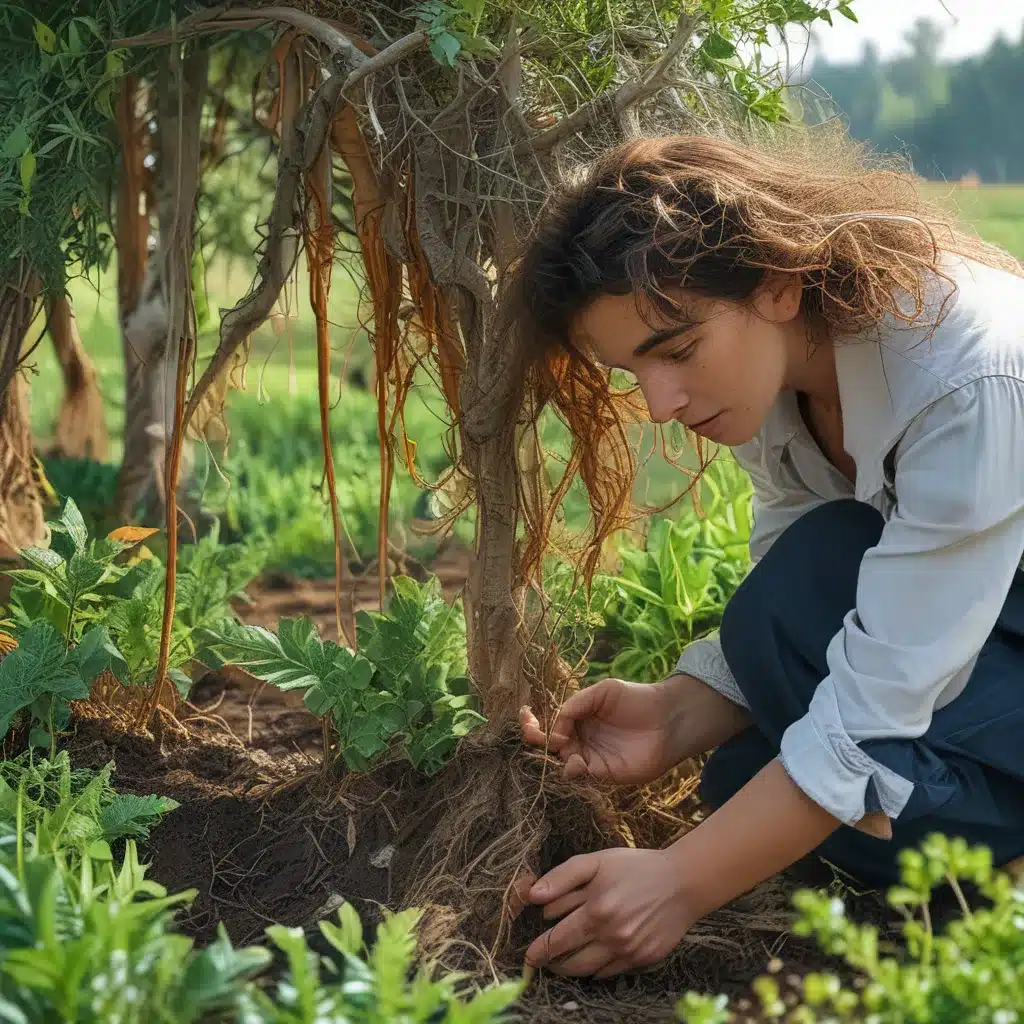
Healing the Land, Nourishing the People
If you had told me a decade ago that I’d be writing about the cutting edge of climate-smart agriculture in the Pacific Islands, I would have laughed. Back then, my vision of the tropics was all white sand beaches and palm trees – a paradise far removed from the realities of our warming planet. But as I’ve learned, these island communities are on the frontlines of the climate crisis, facing devastating impacts that are shaking their way of life to the core.
Yet, amidst the grim forecasts, I’ve also witnessed something truly inspiring. From the atolls of Micronesia to the volcanic peaks of Melanesia, Pacific Islanders are rising to the challenge, adapting ancient practices and blending them with modern science to build resilient, climate-smart food systems. Their stories are a testament to the power of grassroots innovation, and a blueprint for how communities around the world can take the reins of their own climate future.
Lessons from the Pacific
Let me take you on a journey through these resilient island nations. In the Federated States of Micronesia, the remote community of Oneisomw is tackling water scarcity head-on. Faced with droughts, saltwater intrusion, and pollution, they’ve revived traditional well-cleaning practices and established protective buffer zones around their freshwater sources. The results? More reliable access to clean water, even in the driest of times.
Over in Yap, the village of Tamil has taken a holistic, ridge-to-reef approach to climate adaptation. They’ve declared a protected watershed area to safeguard their freshwater supply, while also cultivating a community nursery that provides coastal plants to stabilize eroding shorelines. And in Palau’s Melekeok State, leaders have developed a “climate-smart” housing program, requiring new homes to incorporate renewable energy, stormwater management, and other sustainability features.
These examples showcase the incredible ingenuity of Pacific Island communities. But what’s truly remarkable is how they’re bridging traditional ecological knowledge with modern scientific methods. In the Ahus Atoll of Papua New Guinea, for instance, coastal fishing villages have partnered with local NGOs and government agencies to establish home gardens, composting systems, and other climate-smart agriculture practices. The result? Improved food security, healthier marine ecosystems, and additional income streams for families.
As researchers have noted, the Pacific Islands have become true hubs of climate innovation, piloting and refining adaptation strategies that hold valuable lessons for the rest of the world. And the best part? These solutions are deeply rooted in the cultures and ecosystems of these island nations, making them inherently sustainable and scalable.
Overcoming Challenges, Amplifying Impact
Of course, implementing these climate-smart initiatives isn’t without its challenges. The remoteness of many islands can make logistics and infrastructure a constant headache. Capacity constraints, from project management to climate modeling, also pose significant hurdles. And the complex, often conflicting land tenure systems can make coordinating community-based efforts a real test of patience and diplomacy.
But Pacific Islanders aren’t ones to be deterred. They’re finding creative ways to overcome these barriers and amplify the impact of their climate adaptation efforts. In the Marshall Islands, for example, community members are using GIS mapping to identify and protect vulnerable breadfruit trees – a crucial food source. And across the region, traditional leaders are partnering with Western institutions to bridge the divide between customary and modern governance systems.
Importantly, these communities aren’t going it alone. Organizations like Root Capital are stepping up to provide much-needed resources, from climate finance to technical assistance. And at the policy level, regional initiatives like the Micronesia Challenge are helping to scale conservation and sustainability efforts, creating an enabling environment for climate resilience to take root.
The Future is Rooted in the Past
As I reflect on the ingenuity and perseverance of these Pacific Island communities, I can’t help but feel a deep sense of hope. These are people who have faced environmental challenges for centuries, adapting their ways of life to the rhythms of the land and sea. And now, as they confront the unprecedented threats of climate change, they’re drawing on that deep well of traditional knowledge to chart a course towards a more sustainable future.
In many ways, the solutions they’re pioneering are a return to the past – a rediscovery of the cycles, rhythms, and balances that once sustained their island homes. But they’re also infusing these time-honored practices with modern science and technology, creating a powerful synthesis of old and new.
As the global climate crisis intensifies, I believe the world has much to learn from these resilient island communities. Their stories remind us that the path to a more sustainable future lies not in grand, top-down solutions, but in the collective wisdom and ingenuity of those closest to the land.
So, if you’re feeling overwhelmed by the scale of the climate challenge, take heart. Look to the Pacific, where islanders are proving that with a little creativity, a lot of determination, and a deep respect for the natural world, we can build the resilient roots we need to weather the storms ahead. It’s a message that resonates strongly with the mission of Thorn Apple CSA, and one that I hope will inspire others to follow in their footsteps.



